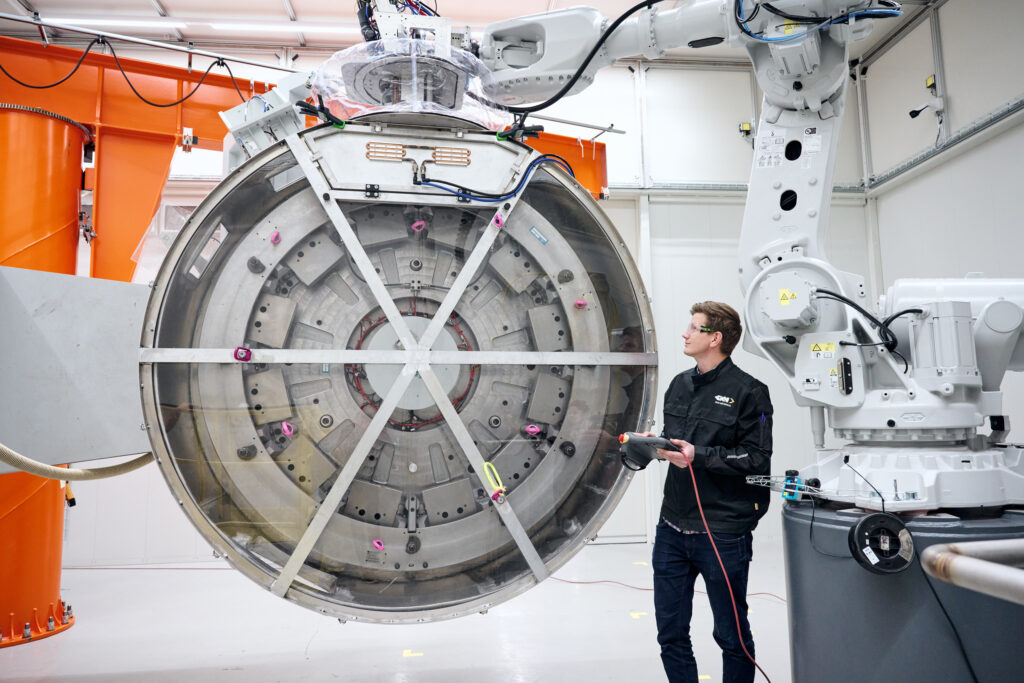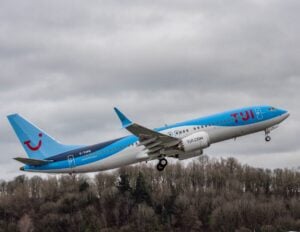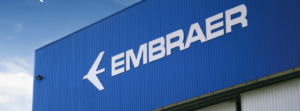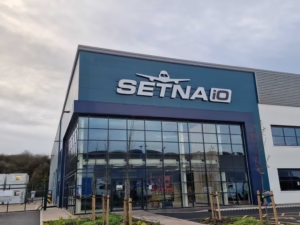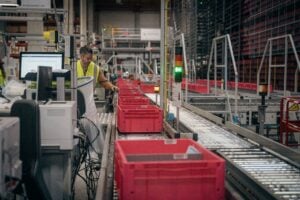GKN Aerospace has strengthened its commitment to sustainable manufacturing by investing £50 million (600 million SEK) in cutting-edge additive fabrication technology in Trollhättan, Sweden. The Swedish Energy Agency’s Industriklivet initiative will contribute £12 million (152 million SEK) towards this investment, aimed at transforming production methods and reducing raw material usage by up to 80%. The new technology will be integrated into GKN Aerospace’s Trollhättan facility in Sweden and is set to become operational later in 2024.
Currently, aircraft engine components rely on extensive castings and forgings, resulting in up to 80% of the material being machined away before achieving the final form. By employing additive technology, which involves constructing layer-by-layer using metal wire or powder fused together with lasers, GKN Aerospace can significantly reduce raw material wastage, energy consumption and shipping within the production process. This approach leads to substantial reductions in emissions, costs, and lead times.
GKN Aerospace has been at the forefront of additive fabrication for nearly two decades and maintains significant research and technology centres in Sweden, the UK, and the U.S. Thanks to the support from Industriklivet, the new additive production centre in Sweden is expected to create approximately 150 new job opportunities for operators, technicians, and engineers at the Trollhättan facility.
Peter Engdahl, Head of Research, Innovation and Business Development at the Swedish Energy Agency said: “GKN Aerospace’s solution will be able to contribute to a reduced use of raw materials and create opportunities to fundamentally change the design, making the aircraft engine lighter and more efficient. This is the first time this technology is being tested for this component size and we see the potential for it to spread globally and also in other areas.”

